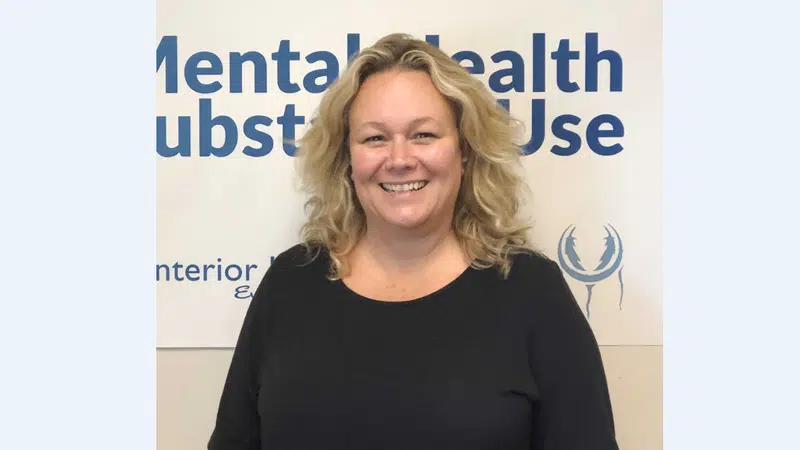
SOUND OFF: Stigma — words matter
GETTING “CLEAN.”
“Junkie.”
“Addict.”
“Dirty” needles.

GETTING “CLEAN.”
“Junkie.”
“Addict.”
“Dirty” needles.
The language we use to refer to people with substance use disorders can elicit many negative stereotypes.
Substance use disorders are more highly stigmatized than any other health condition. This is largely due to the misinformed notion that addiction is some form of moral failing. Research shows many people with substance use challenges have also experienced trauma and violence, making them vulnerable and putting them at further risk of self-stigma by internalizing the negative messages they hear all around them.
Stigmatizing language can also have serious negative impacts on the family and friends of those with a substance use disorder, or those lost to overdose.
Stigma is a major barrier preventing people from getting well. When we use stigmatizing language, we prevent people from reaching out for help. This applies to the person with a substance use disorder, but also to their loved ones.
The shame caused by stigma also drives people to use alone, putting them at increased risk of harm.
Research about the impact of stigma has demonstrated that although people who use drugs alone understand the risks of a fatal overdose, the shame of coming forward and seeking help is felt so strongly that they choose to hide their drug use. Some people also feel stigma about carrying a naloxone kit. The stigma continues if a person is receiving methadone or Suboxone with the sense that ‘you are treating a drug with a drug’. In summary, some people feel stigmatized for using drugs, stigmatized for trying to reduce the risk of overdose, and stigmatized for seeking treatment.
In a report available on TowardTheHeart.com, BC Centre for Disease Control researchers outline the stigmatizing language often used to describe substance use. It encourages language that is person-first (‘person who uses opioids’ rather than ‘addict’) emphasizes the medical nature of substance use disorders (‘person experiencing problems with substance use’ rather than ‘drug abuser’ or ‘junkie’), and promotes recovery (‘person experiencing barriers to accessing service’ rather than ‘unmotivated’ or ‘non-compliant’.)
I encourage you to think about the language you use and how that might impact someone living with a substance use disorder. Think about how that language would sound to a mother who just lost a son, or someone grieving the loss of their best friend.
The overdose crisis continues – in 2018, one life was lost every two hours in Canada. It can happen to anyone.
It’s important that we reduce stigma around people who use drugs and ensure that everyone has access to the health-care services they need, where and when they need them.
For more information on how you can help reduce stigma, please visit the StopOverdoseBC website.
——
Editor’s Note: This opinion piece reflects the views of its author, and does not necessarily represent the views of CFJC Today or the Jim Pattison Broadcast Group.


